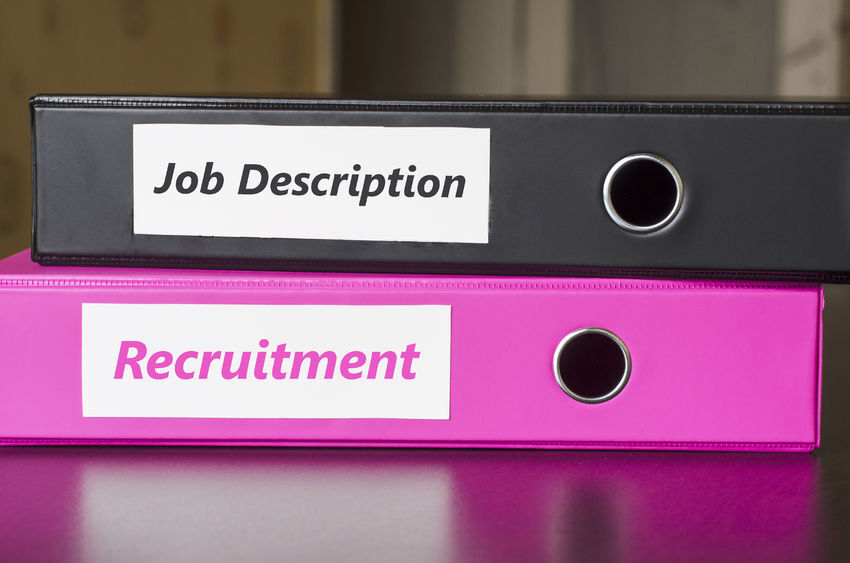What makes a good job spec?
Posted about 12 years ago by Rob Markwell
With competition fierce for the best talent in the marketing and creative world, writing a compelling job description is an increasingly important part of attracting the right people.
Part of our role is of course to sell the benefits of working for you; from culture, to responsibilities, to progression opportunities. However, candidates do always appreciate a well written spec, especially if it hints at the culture and personality of the company. In essence, a brilliant job description showcases your role and helps you stand apart from competitors who will be looking for similar calibre candidates in the same talent pool.
With that in mind, here are our top tips for writing a talent winning spec.
A well written description will also help focus your attention on what is of paramount importance in the role; done well, it should also save time in ensuring you only interview the most relevant candidates.
A quick word on formatting. Just like with candidates’ CVs, bullet points for key responsibilities, experience and qualifications, make it easy to pick out all the salient points.
Job Title:
It’s essential to have an accurate Job Title that candidates can relate to. We’ve seen Guru, Ninja, Rock Star, Super Hero and many more such terms used to re-invent job titles. Our advice would be to steer clear of this as it can easily put off potential applicants. Reflect industry standards and convey the appropriate level and you won’t go far wrong.
Company Overview:
It’s important to give a brief overview of your company, including information like your core specialisms, key clients, culture/ethos, ambition and so on. If you can encapsulate your personality, then so much the better - it’s always nice to read a description that clearly conveys a client’s culture and from experience, candidates appreciate it too as it helps them imagine themselves in the role. So choose a style and language that match your culture. We’ve seen some fantastic examples over the years such as the story of how a team has evolved from a team of 2 in a box room, into a 30 strong team working on international brands, or about how creativity is nurtured and embraced internally. Anything that evokes a sense of interest is great.
The role:
List all the core requirements of the role in an engaging tone. Present tense, action oriented responsibilities work well – for example “Develop and implement social media strategy for a portfolio of exciting fmcg brands”, or “lead and motivate a talented team to deliver outstanding campaigns”. The more clearly you define the core requirements of the role, along with potential progression opportunities the better.
Experience and Qualifications:
As with key responsibilities, list the core experience you’re looking for candidates to bring to the table. It’s always good to differentiate between essential and desirable skills to ensure you don’t miss out on the perfect person just because they don’t have every single point listed.
Reporting Lines:
Who do they report to and who reports to them?
Location:
Where will they be based, will there be significant travel to other sites/clients?
Type of Employment:
Permanent or temporary, full-time, part-time.
Salary & Package:
The core elements are obviously the salary band itself, but this is a chance to introduce any additional benefits such as car/allowance, pensions, private health, holiday entitlement. It’s also a chance to set yourself apart from the competition if you offer soft benefits like duvet days or individual training budgets.
If you’d like any further advice on writing a brief, or simply a second opinion on a brief you’ve put together please do get in touch.




